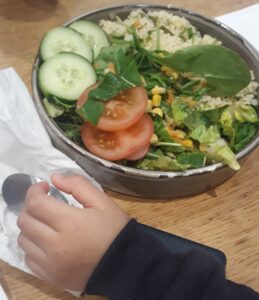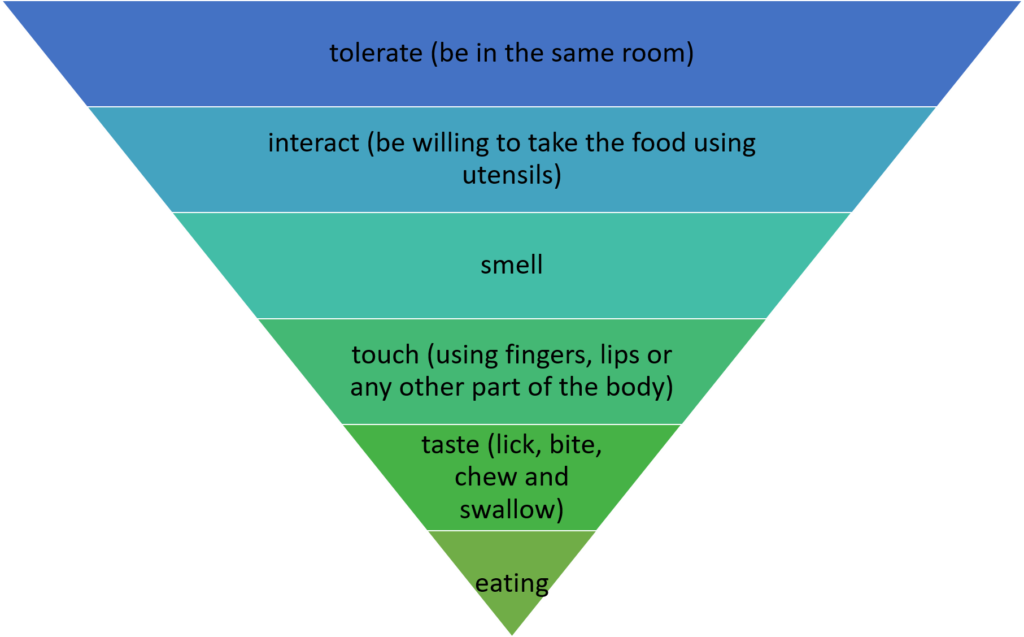Is Your Child a Picky Eater?
By Priscila

Have you been struggling to get your children to eat healthy food? Have you have tried negotiating, bribing or even threats - but you just simply cannot get them to eat? Here are some things to consider which might help to turn your child into a healthy eater.
Age
It is said that the younger you are the more strongly you can taste. That is why children experience flavours more acutely than adults, and sometimes they are reluctant to try some kind of foods. Between 2 - 6 years old is when children are at the peak of fussing eating, and after this age you can expect them to try a wider range of food.
Steps to eating
It is said that food enters through the eyes but this statement is only partially true. The process of eating involves a multisensory experience where all our senses are interacting. Before trying new food, we go through a series of steps:

So if you are trying to introduce a new food to your kid, you should be aware of all the processes involved. If your child is not even willing to smell something, he or she will not be ready to try it. Being respectful with this process will give you the patience that you need to keep trying. It is good to know that it can take more than 15 times before a child will accept a new food! So do not give up after the first time.
Routine and meals.
It is important to have a routine with a fixed time for meals. If your children are not hungry, they will reject the food, therefore it is important to have a schedule for each meal. It is recommended to have three main meals and two small snacks in between. The size of the portions is important and the content too, that is why you could follow the food pyramid as a guide to what and how much you can give to your kids. According to the NHS “Raising Happy Eaters” workshop, you should give them a portion of protein of the size of the child’s palm (not including fingers or thumb), a portion of veggies and leafy greens the size of two hands cupped together, a portion of fruit the size of a cupped hand and a portion of starch (bread or rice or pasta) the size of your fist.
Simple tips to consider.
As a mother dealing with pickiness, my best advice is to get your child to help you with cooking. I know that it can be messy and takes more time but it will have a big impact on your child’s behaviour. Besides, what can be more involving in food than cooking?
Do not forget to praise kids every time they try something new and reward them to keep them interested. But if your children are really not willing to try something new, do not put pressure on them. This can stop them having happy mealtimes. Remember that they are learning, and learning only happens when you are in a good state of mind, not anxious or sad but peaceful and happy.
Professional advice
If your child is not the right weight or height, ask for professional advice. You can pass your worries on to your GP. They will refer you to an appropriate doctor who can assess your child and find any underlying causes which are preventing them from eating properly.
In my case, the NHS and specifically the Cheyne Child Development Service have been a great help in identifying things to improve my child’s feelings about food.
So if you are dealing with an eating problem, ask for guidance!